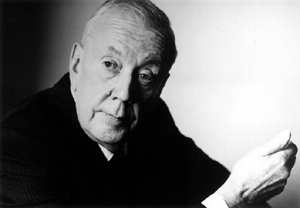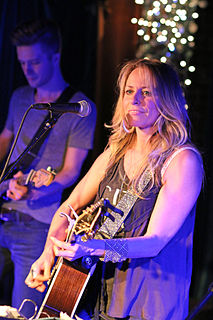A Quote by Philip Kitcher
Using the Adagietto of Mahler's Fifth is one of the touches of pure genius in Visconti's film (even though Mahlerians complain very loudly that the piece has been ruined), since it corresponds perfectly to Aschenbach's yearnings and to his circling walks around Venice.
Related Quotes
Britten's opera tends to see things in simpler terms. It portrays an Aschenbach who wants a richer form of sexual fulfillment, and who is hemmed in by the social conventions to which he subscribes. But Visconti's use of the Mahler Adagietto is perfect for what I take to be Aschenbach's sexual desire.
Presenting Aschenbach as a composer - based on Mahler - leads to some dreadful scenes (especially those in which Aschenbach is berated by his student), and it surely distorts the character Mann created. Yet, we know that Mann's novella was based on a holiday in Venice he took with his wife and brother, and that while he was there he followed the reports in the German newspapers, describing the dying Mahler's progress as he returned from New York to Vienna.
I found a deep kinship between Mahler's recurrent attempts to confront all sides of life and to affirm himself in the face of his own finitude, and Aschenbach's dedication to persevere in the literary evocation of beauty. Exploring this kinship led me to reflect on many of Mahler's songs and symphonies - and particularly his great masterpiece, Das Lied von der Erde. The end result was a way of reading Mann that I hadn't originally anticipated at all.
I'm so honored to be on this recording with Ann & Nancy Wilson. They are iconic and I've truly been one of their biggest fans since I was a kid. And what a perfect song to sing with them, since I adore Vince Gill and have been very proud for his commitment to his own musical vision. When we were recording at Nancy's house, and even though I'm friends with those girls now, I had to keep 'pinching' myself and marvel at how blessed my life is! It was a very PROUD moment for me.

























